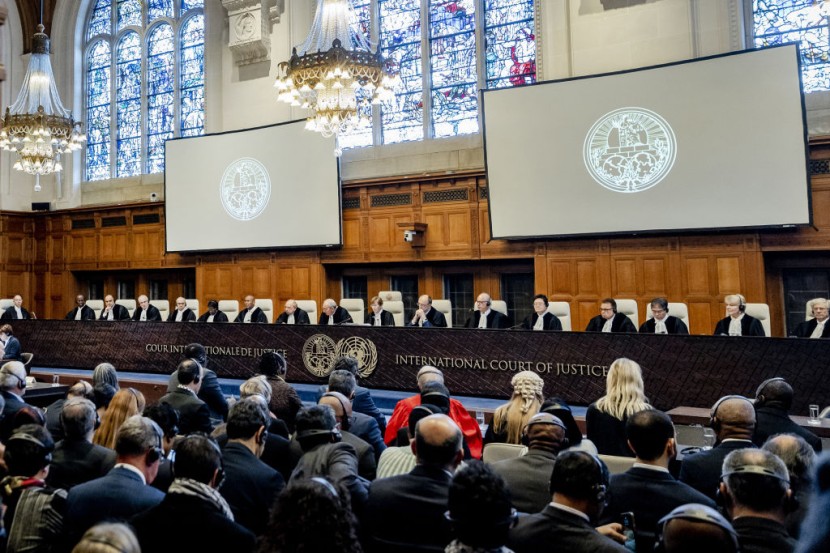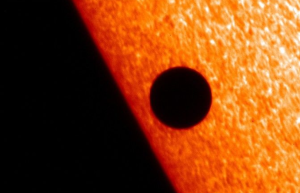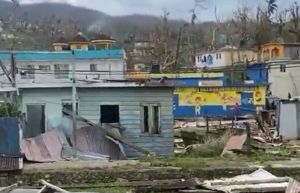A special session of the International Court of Justice (ICJ) made a preliminary ruling on Friday (Jan. 26) on the case South Africa brought to The Hague against what it alleged as Israel's intention to commit genocide.
According to Reuters, President of the ICJ Joan E. Donoghue read out the decision made by the panel of 17 judges, most of them favoring South Africa's motions to "take all measures" to prevent the genocide of the Palestinian people, but did not deliberately order a ceasefire or for Israel to halt its military operations.
"The court is acutely aware of the extent of the human tragedy that is unfolding in the region and is deeply concerned about the continuing loss of life and human suffering," she said.
While the ruling would only be an interim one, as it could take years for the full case to be considered, the South African delegation has asked the judges "as a matter of extreme urgency" to impose so-called provisional measures to protect Palestinians in Gaza.
Consequently, Israel rejected the accusation and its delegation in The Hague asked the court to dismiss the charges, the Associated Press reported.

South Africa vs. Israel
The South African delegation called on the court to order Israel to "immediately suspend its military operations in and against Gaza," as well as to ask Israel to take "reasonable measures" to prevent the alleged genocide and allow access to desperately needed aid.
In a statement before the ruling, Palestinian Prime Minister Mohammed Shtayyeh said that he hoped that the decision would "include immediate action to stop the aggression and genocide against our people in the Gaza Strip ... and a rapid flow of relief aid to save the hungry, wounded and sick from the threat of slow death that threatens them."
Top Hamas official Osama Hamdan said that his group would abide by a ceasefire if ordered and would be ready to release the hostages it still holds if Israel would also release Palestinian prisoners.
However, Israeli government spokesperson Eylon Levy responded that his country expected the court to toss out the "spurious and specious charges."
Israel often boycotted international tribunals and UN investigations, alleging that they were unfair and biased. The presence of a high-level legal team only meant that Israel was serious regarding the case, fearing that any court order to halt operations would be a major blow to the country's international standing.
Meanwhile, an Israeli official told reporters - on the condition of anonymity - that Prime Minister Benjamin Netanyahu met with top legal, diplomatic, and security officials on Thursday (Jan. 25) in anticipation of the ruling, saying that the country was confident in its case but also discussed "all scenarios."
Legal Expert Predicts World Court's Ruling
Prior to the ruling, Marieke de Hoon, an associate professor of international law at the University of Amsterdam, said that the court was unlikely to throw the case out since the legal bar South Africa had to preliminarily clear was lower than the one that would be applied for ruling on the merits of the accusation.
"The standard ... is not, 'Has there been genocide?' but a lower standard," she said. "'Is it plausible that there could have been a risk of genocide that would invoke Israel's responsibility to prevent genocide?'"
De Hoon added that she does not expect the ICJ to order a "full ceasefire" as she thought that such an order was "beyond their abilities" at this point.
While the ICJ's provisional measures were legally binding, it is not clear if Israel would comply with any order as enforcing such rulings has not been definitive.
© 2025 HNGN, All rights reserved. Do not reproduce without permission.








